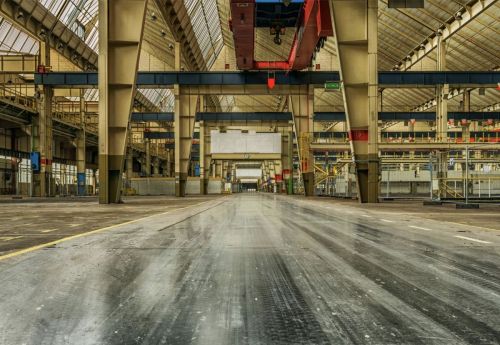Most new shopping centres in Poland are built in Silesia,
Warsaw, and other large cities.
Echo Investment, who are developing a chain of regional shopping centres, want
to convince us that it is easier to conquer markets
in smaller cities.
The retail centres which have recently arrived in Warsaw, are
giants bringing around 200 shops together at any one time. CERPF, investors in
Wola Park, (a complex with 190 shops), estimates the cost of its construction as
around Eur 100 mln, while Echo Investment has spent only PLN 300 mln and has
spread it over 14 centres.
The scope
Echo's shopping centres naturally do not stand comparison with the gigantic
structures built in Warsaw. The Kielce developers' centres follow the same
pattern: they have up to a dozen or so thousand square metres of space, they
usually consist of one supermarket, (eg Albert, Champion or Edeka), a DIY store,
(eg Nomi), and a number of shops in the arcade. Construction costs from PLN 10
to 40 mln and usuall




























































